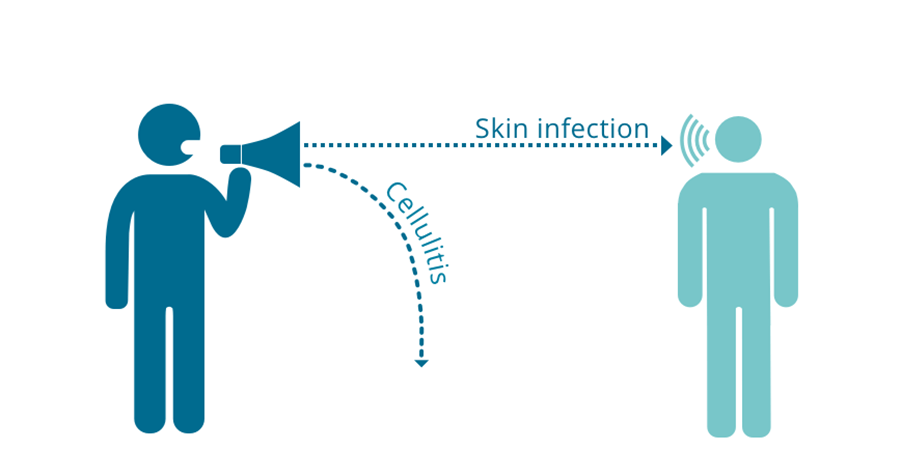Use simple language
The terminology used in healthcare can often be confusing for people, especially at times of distress when people may struggle more than usual to take in information. In health a range of jargon and acronyms are used routinely and we may forget that this language is unfamiliar to our patients and service users. Therefore, you should use simple language as much as possible, try explaining things to people as you would to a friend or family member. You may find that having examples to use can support you in this.

Letters, forms and medical tests are just some examples, in addition to face-to-face consultations, where medical and health terminology could cause confusion. An example could be, inviting someone to x-ray by letter but when they arrive at the hospital the signage is for radiology. They may not be aware of what radiology is and they could search for x-ray, causing more stress and anxiety and affecting their attendance.
Simple changes can help, why not think of the terms you currently use in your practice and what other words and phrases you could use to support understanding. The Center for Disease Control’s National Centre for Health Marketing have developed a thesaurus which gives plain language suggestions for a range of healthcare and medical terminology which is featured below.
Some examples could be
- Smoking cessation – stop smoking
- Diet – what you eat and drink
- Referral – being sent to see someone else
